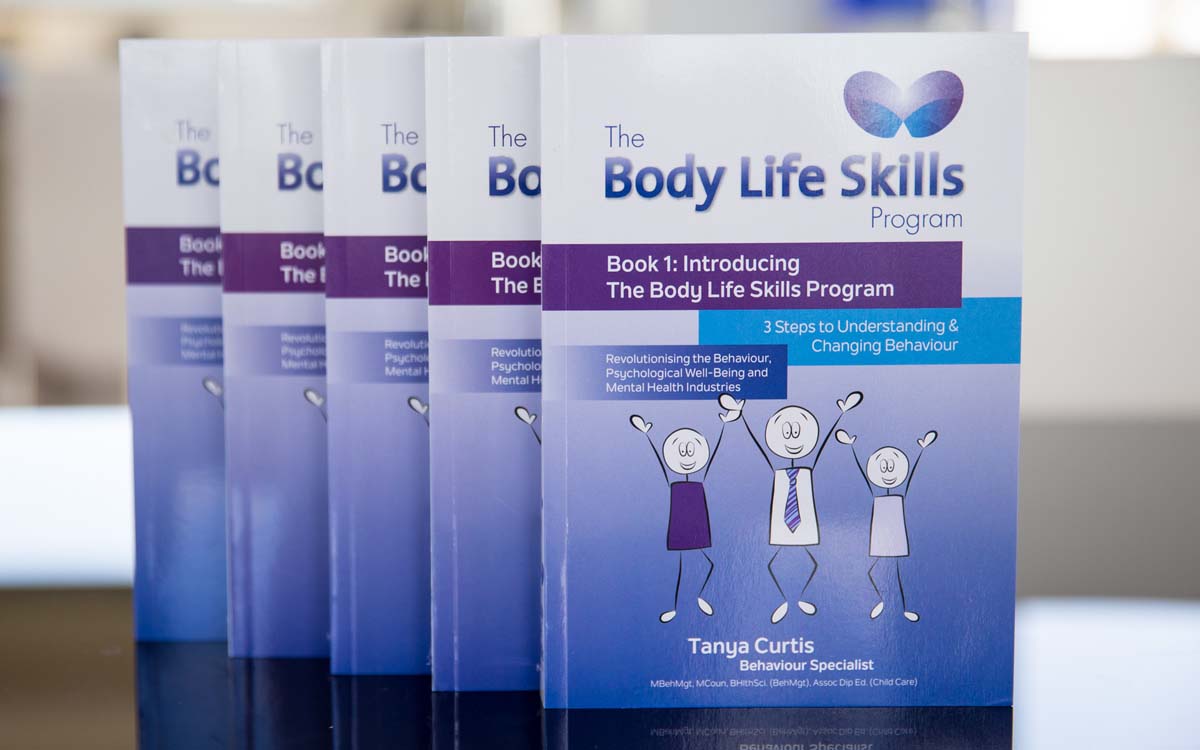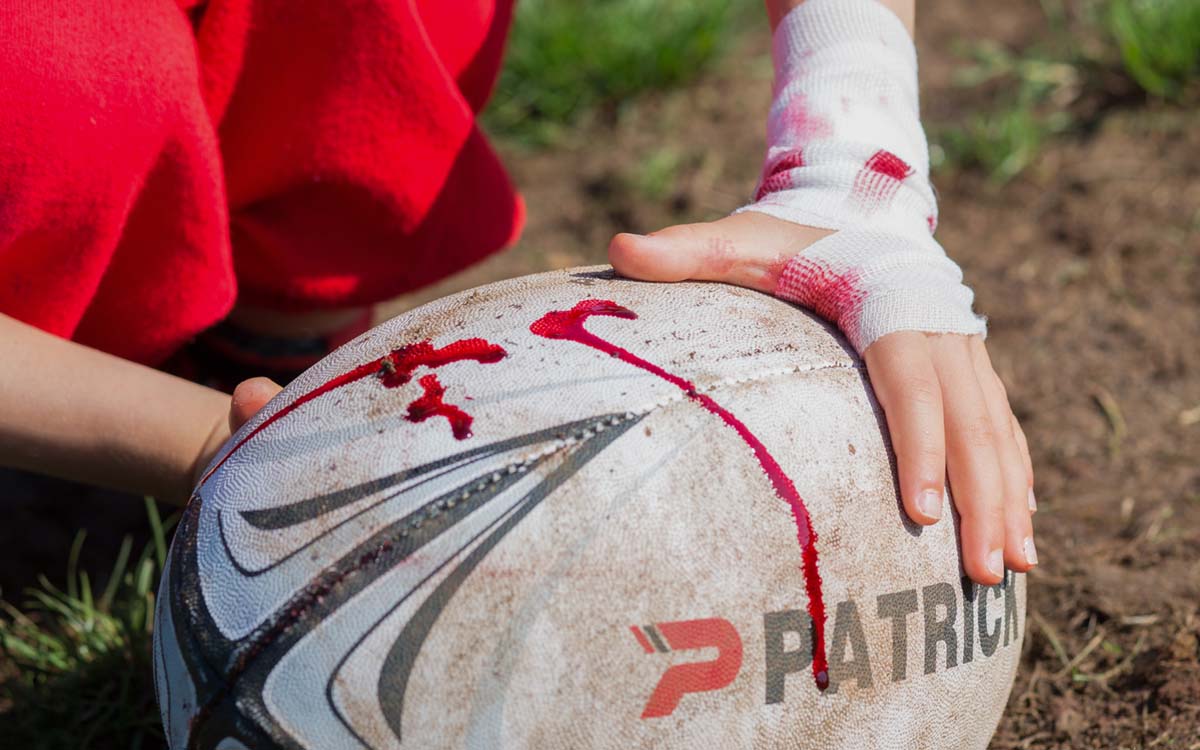Introducing the Body Life Skills
The Body Life Skills series is a simple and practical, yet very effective 3-step program based on understanding and changing behaviour that supports LASTING behaviour change for any person.
The fact is we all use behaviour we would prefer not be using whether we are a child, teenager or adult. Some people’s unwanted behaviours are of a low intensity and others appear extreme, however let it be known that every single person in this world has had their own array of non-preferred behaviours whether that be:
- Shopping unnecessarily
- Over eating
- Yelling
- Withdrawing
- Indulging in anything that does not support the body
- Saying words, you later regret
- Anger
- Frustration
- Feelings of depression
- Meltdowns
The reality is that every single person in this entire world has, does or will use behaviours they would prefer not be using.
Further to this, most people have at times attempted to change their behaviour; sometimes successfully for the short term; but rarely has there been lasting change with either the same behaviour reappearing or another non-preferred behaviour now appearing in replacement.
Why? When the intent to change behaviour is often so genuine, why is our attempts at behaviour change often unsuccessful?
Simply – because we have not addressed the root cause of the behaviour.
The Body Life Skills program knows without any doubt that:
Every behaviour happens for a reason.
Thus whenever a non-preferred behaviour is present we simply ask:
I wonder why?
And then skills are offered to address this reason why?
What is the Body Life Skills program?
- Anxiety ~ is what is felt in and expressed from the BODY
- Not feeling equipped ~ is perceiving that you don’t have the required SKILLS
- What is in front of you ~ is LIFE
- Understand behaviour
- Develop the skills to bring about lasting behaviour change.
- Step 1 – BODY
- Step 2 – LIFE
- Step 3 – SKILLS
- All unwanted behaviours, words, thoughts and/or feelings that come from any person’s body, occur as a result of them perceiving that they do not have the required skills to respond to what life has presented them at any given moment.
or alternatively…. - When a person perceives they have the required skills to respond to what life is presenting, their body is more likely to express using wanted or preferred behaviours, words, thoughts and feelings
Let’s look at these steps a little more …
Step 1 — BODY
The first step is to see the body as a form of communication and identify what behaviours, words, thoughts and/or feelings the body is using to tell us how it is experiencing life.
It is important to listen to and address ANY non-preferred behaviour used from any ‘body’, even if appears very minor and insignificant. The fact is EVERY BEHAVIOUR IS SIGNIFICANT as it is communicating to us how it is experiencing life.
Step 2 — LIFE
At the first sign of any non-preferred behaviour we must ask:
- I wonder why?
- I wonder what part of life the person perceives they do not yet have the required skills to respond to?
Step 3 — SKILLS
Once we have identified the aspect of life any person does not perceive they have the required skills to respond to we ask:
- What skills are required for the person to perceive they are equipped to respond to this part of life?
- Teach and/or learn the required skills when the willing student is ready
This program embraces that life is a continual cycle where each body is presented with lesson after lesson and thus unwanted behaviour must never be judged as right or wrong; rather a form of communication that tells us:
- I feel equipped to respond to this part of life or
- Teach and/or learn the required skills when the willing student is ready







